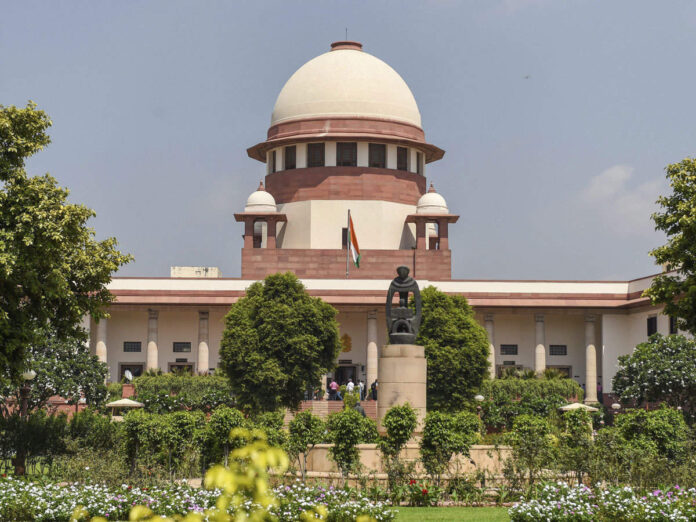[ad_1]
In addition, all state police stations have been instructed to install CCTV cameras along with audio recordings.
The court also said that cameras should be installed at the entrance and exit gates of the police station, lock-up, corridor, lobby area, reception area, rooms of sub-inspectors and inspectors, outside the station, outside the washroom, etc.
The court also said that every audio-video recording should be available for the next 18 months. The Supreme Court also issued orders for this.
Read: Corona test of agitating farmers, administration orders
Read: ‘Manipulated Media’ remarks on Twitter’s BJP IT cell president’s tweet
A bench of Justices Rohinton F. Nariman, K. M. Joseph and Aniruddha Bose on Tuesday reserved judgment on the question of preserving and compiling more than 45 days of CCTV footage.
In this regard, the court also directed senior advocate Siddharth Dave, who is an Amicus Curiae, to file a comprehensive opinion by Friday.
In 2018, the Supreme Court had directed the installation of CCTV cameras in every police station in the country in view of the rising incidence of torture in custody. The issue was later revived in a case of police brutality in Punjab. In addition, Dave was hired as Amicus to submit a report. Amicus Curiae was ordered to see what steps could be taken with Attorney General KK Venugopal.
The Supreme Court clarified that the order was issued under Article 21 for the protection of fundamental rights. Even after the court decision of 2018, this decision was not strictly implemented in two and a half years.
States have been given a period of six months to file procedures for installing CCTV cameras. States will also need money for a good CCTV system. The ‘Police Station In-Charge’ (SHO) of each police station will be responsible for the operation, recording and maintenance of the CCTV.
Read: Supreme Court contempt: Action against cartoonist after Kunal Kamra
Read: Marriage to a person of choice is a fundamental right: High Court
[ad_2]
Source link





















